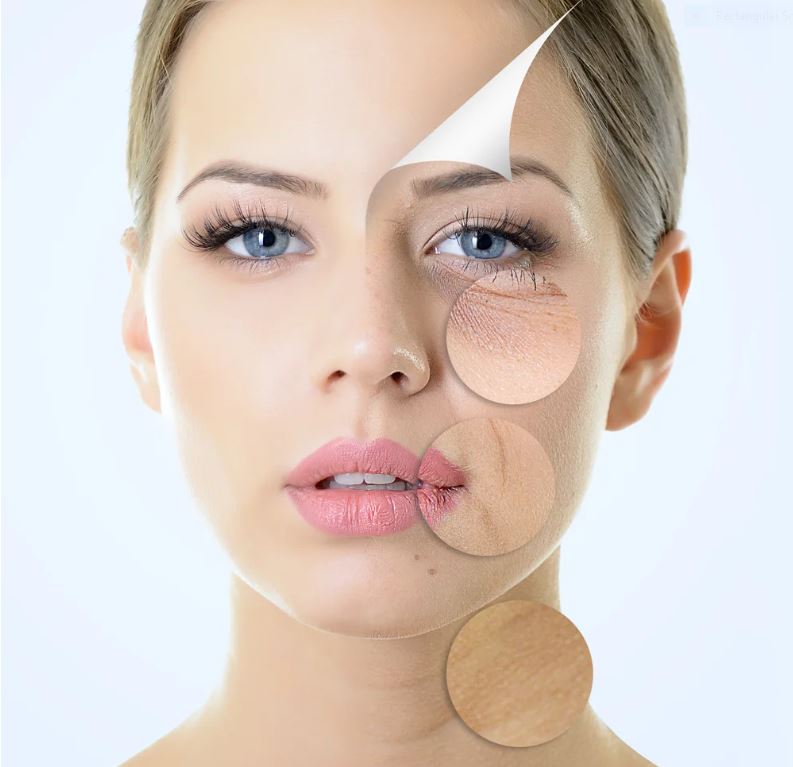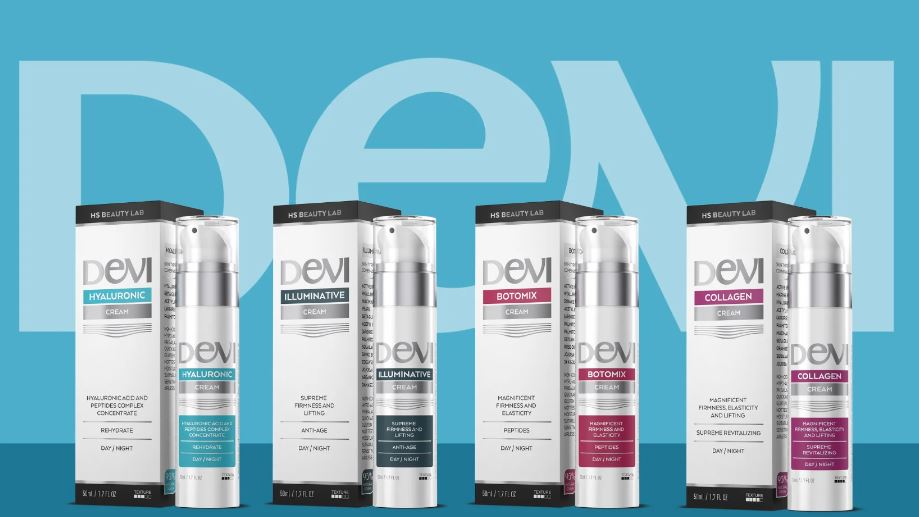Probably no other vitamin has as many names as niacinamide: niacin, nicotinic acid, antipellagic agent, vitamin B3, vitamin PP or PP factor (from pellagra preventive factor). The name niacinamide itself was created by combining the words nicotinic, acid and vitamin to avoid the direct use of the term nicotine and the possible wrong insinuation that tobacco is healthy because it contains vitamins. Niacinamide is an amide of nicotinic acid that is taken through food and our body synthesizes it using tryptophan, an amino acid that is normally responsible for protein biosynthesis.
If eggs, meat, liver, dairy products, fish, whole grains, peanuts, nuts, green leafy vegetables, potatoes and yeast are part of our regular diet, we provide our body with sufficient amounts of this vitamin. But if we do not consume enough proteins, that is, amino acids, if our diet is based exclusively on corn, or if we regularly consume large amounts of alcohol, sugar and coffee, we can suffer deficiency of this vitamin. Also, as it is soluble in water, we largely lose it if we discard the water in which food is cooked. To absorb it well, we also need other vitamins of the B complex, vitamin C and phosphorus.
As one of its names says, this vitamin prevents pellagra, a disease characterized by 3 d’s: diarrhoea, dermatitis and dementia. When pellagra occurs, the skin begins to itch, it blisters, dark spots appear and it becomes flaky; there are changes in the mucous membrane, including that of the stomach and the intestines, which causes indigestion, ulceration and diarrhoea; the nervous system becomes overloaded, so cognitive abilities and memory are reduced. Additional frequent symptoms are also dizziness, headache, anxiety and depression, accompanied by muscle spasms and uncontrolled movements.
Pellagra is common in third world countries where corn is mostly used in the diet. This is because corn does not contain enough tryptophan which helps niacin bind to other components and the body is unable to use it. However, this disease is rare in Central America, where corn is traditionally soaked overnight in a solution of calcium hydroxide – slaked lime. Niacin is released in this process. This kind of corn is then used to make the famous tortillas. Although pellagra is a disease of poverty, in the modern age it can also occur in people who live in abundance but suffer from gastrointestinal diseases, anorexia, or have had stomachs surgically reduced due to extreme obesity.

WHAT DOES NIACINAMIDE DO IN THE BODY?
In addition to preventing and treating pellagra, this vitamin participates in the metabolism of carbohydrates, proteins and fats, i.e. in the process of converting food into energy and creating red blood cells. Niacinamide also acts as a powerful cleanser of the body, reducing the level of accumulated xenobiotics – substances from the environment that are present in the body where they do not belong. There are indications that it does this by releasing free fatty acids from the liver, as well as by skin reactions and peripheral vasodilation, which promotes sweating.
Niacinamide is important for the synthesis of sex hormones, testosterone, oestrogen and progesterone, as well as cortisol, insulin and thyroxine. It helps with arthritis, lowers elevated sedimentation, participates in the process of nerve and blood vessel renewal, thus making it also necessary for mental health. What’s more, some studies have shown that it is very effective in the treatment of schizophrenia and that its deficiency in the body can cause the development of this disease. This vitamin has a preventive effect against cardiovascular diseases. It lowers the level of cholesterol and triglycerides, protects against the formation of blood clots and contributes to the prevention of heart attacks and strokes in the long term.
SKIN RENEWER
Niacinamide has more surprises in store. This vitamin is necessary for the renewal of the skin – niacinamide is an exceptional therapy for problematic skin which is prone to inflammation, increased sebum secretion and acne. It even represents an excellent prevention against skin cancer.
Niacinamide has been proven to naturally increase the synthesis of ceramides in keratinocytes as well as fatty acids and cholesterol and thus strengthen the skin, i.e. its barrier; it prevents trans-epidermal moisture loss and thus contributes not only to the skin’s health but also to its beauty. It stimulates the synthesis of collagen, increases the proliferation of fibroblasts and promotes vascularization in damaged skin and wounds. This vitamin does not allow the bacteria that cause acne to proliferate on the skin and lead to inflammatory conditions and irritations.
Niacinamide has been proven to reduce hyperpigmentation, the formation of spots on the skin, and it actively contributes to brighter skin and an even complexion. It has antioxidant properties that prevent the formation and deposition of yellowish-brown pigment in the components of the skin matrix, such as collagen, which comes as a reaction to oxidative stress in the ageing process.
Today, this vitamin is an increasingly common ingredient in high-quality antiaging serums and creams because it has been proven to contribute to the reduction of signs of aging on the skin of the face – in addition to hyperpigmentation and redness, it reduces the visibility of wrinkles, improves skin texture and prevents sagging. Its mechanism of action involves the support for structural components of the extracellular matrix, such as glycosaminoglycans, polysaccharides – including hyaluronic acid – whose deterioration brings signs of aging. Niacinamide regulates the deposition of glycosaminoglycans and prevents protein glycation, which crosses collagen and elastin molecules, causing them to become rigid and change the viscoelastic properties of the skin. It is glycoproteins that are responsible for skin laxity.
Thanks to all these properties, niacinamide has found an important place in Devi cosmetics, which comes from Herba Svet expert laboratory. This superb and natural collection contains creams and serums designed specifically for certain age groups, and creams and serums for sensitive skin, acne-prone skin, for skin whitening and for the treatment of dark circles around the eyes.

